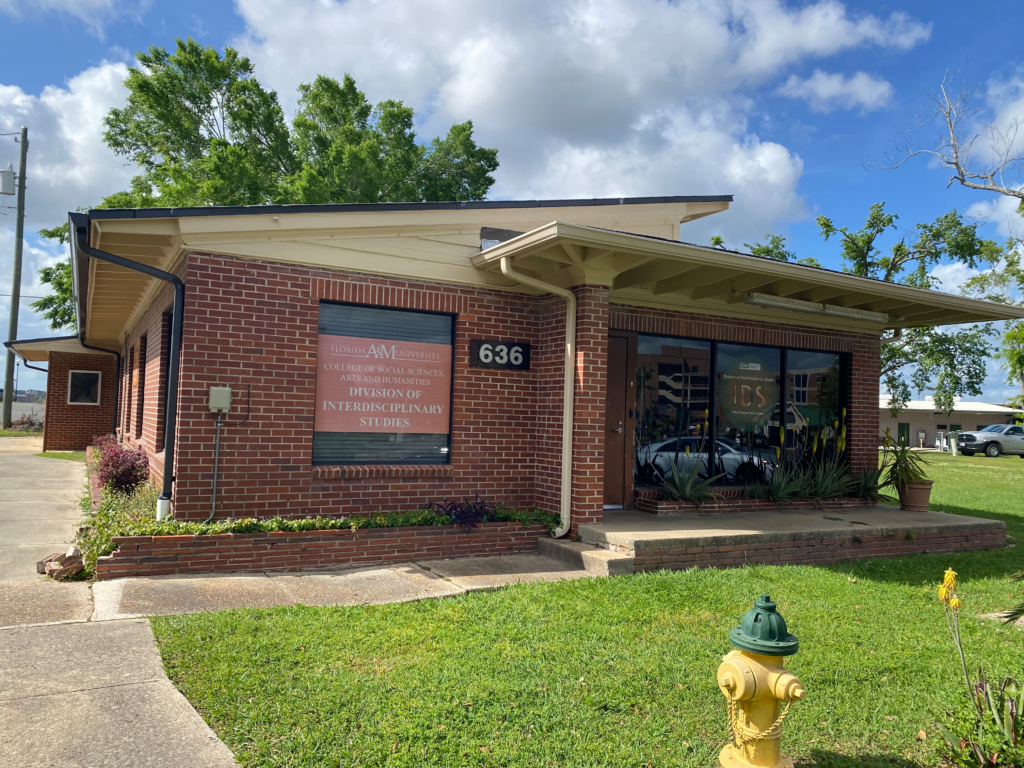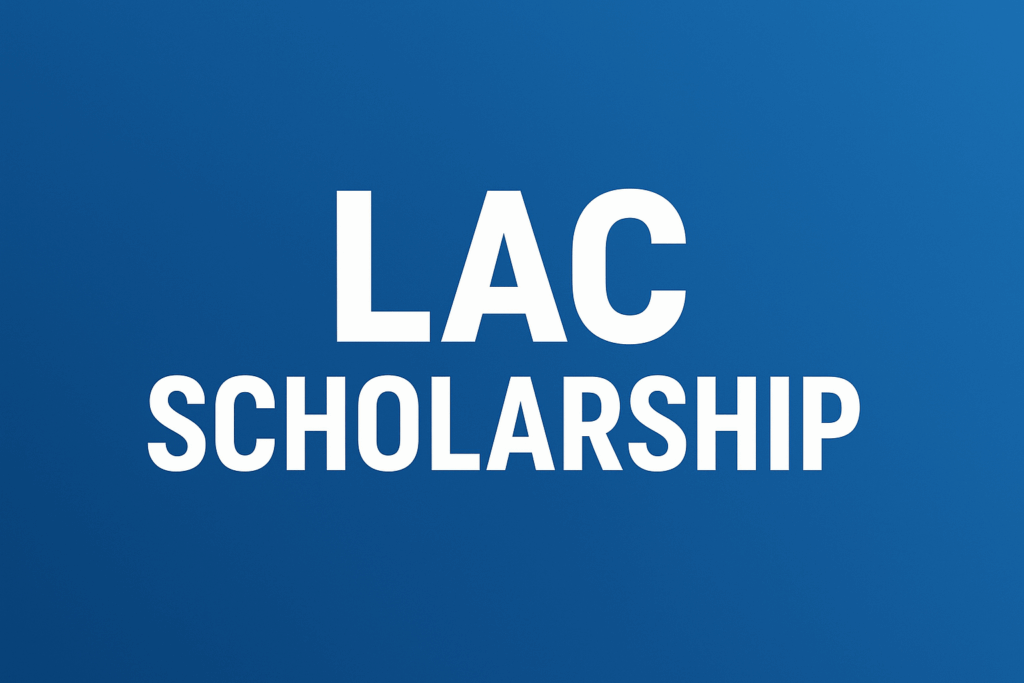Interdisciplinary Studies: A Lifeline for Transfer Students at FAMU
As transfer students grapple with the complexities of credit transfers and timely graduation, Florida A&M University’s Interdisciplinary Studies (IDS) program has emerged as a beacon of hope. With its flexible structure and tailored approach, IDS is enabling students to overcome academic hurdles and graduate within two years, making it an increasingly popular choice.
What is Interdisciplinary Studies?
The IDS program at FAMU offers students the freedom to design their own degree pathways by combining one or two areas of study. Lanita Jones, IDS Academic Advisor and Office Manager, talked about how the progran works.
“Interdisciplinary studies is a four-year Bachelor of Science or Bachelor of Arts degree where you can choose one to two different areas of studies.”
This flexibility allows students to align their education with their career aspirations, whether it’s pairing health sciences with psychology or communications with business.
Merlin R. Langley, Associate Professor and Division Director of IDS, highlights the program’s unique ability to maximize transfer credits.
“Our program is uniquely designed to evaluate each student’s transcript and identify how their prior coursework fits within their academic plan,” Langley said. This often saves students valuable time by avoiding retaking courses.
Challenges for Transfer Students
Transfer students face significant hurdles when transitioning to FAMU. One major issue is the acceptance of credits from previous institutions. Jones notes that even students with an Associate of Arts (AA) degree may find some courses rejected. John Tornes, Academic Program Coordinator at the School of Journalism & Graphic Communication (SJGC), echoes these sentiments.
“Courses that those transfer students took while obtaining their AA degree based upon the memorandum of understanding the university is obligated to transfer a certain amount of those credits,” Tornes explained. “It’s not until they’ve successfully passed that course—that they will be able to declare a major and move and start taking major courses.”
This means that transfer students with an AA degree may still need to take non-major-specific or general education courses not included in their AA degree, potentially prolonging their graduation by two or more semesters.
However, the IDS program mitigates this challenge by utilizing any accepted credits effectively. Langley describes their approach as creating a customized plan that incorporates students’ existing credits into interdisciplinary modules. This strategy often helps students bypass the need to retake courses, thereby saving time.
Ultimately, the IDS program not only addresses the challenges of credit transfer but also serves as a critical pathway for students seeking to navigate academic obstacles and achieve their educational goals effectively.
Student Success Stories
The flexibility and adaptability of the IDS program have transformed academic trajectories for many transfer students. Nionie Spurgeon switched her major to IDS after feeling disillusioned with the inconsistent standards in her previous public relations program.
“What motivated me to switch my major was not being confident in what I was being taught,” Spurgeon shared. The change allowed her to focus on her strengths as a writer while progressing toward graduation.
Similarly, Mia Uzzell found salvation in IDS after spending more than four years at FAMU without completing her degree. Already working as a writer for Teen Vogue, Uzzell appreciated how IDS accommodated her work schedule while utilizing her existing credits effectively.
“Switching to the IDS major was the best thing for me because I just want to get out of here,” Uzzell said.
The IDS program’s ability to empower students by aligning their academic goals with their personal strengths and circumstances underscores its value as a transformative option for those seeking a more tailored path to success.
The Appeal of Interdisciplinary Majors
Interdisciplinary degrees equip students with diverse skills highly valued in today’s job market. Langley emphasizes that these programs cultivate critical thinking, problem-solving, and adaptability—qualities sought across industries. Popular combinations like communications and business or health sciences and psychology prepare graduates for versatile career opportunities.
While acknowledging that Interdisciplinary Studies (IDS) can serve as a valuable option for those struggling in traditional programs, William Jiles, Program Director for Journalism and Public Relations at SJGC, advises students to carefully consider switching majors.
“Complete your degree in your original discipline when possible, to avoid complications when explaining IDS qualifications to prospective employers.” Jiles said.
In light of these considerations, by balancing the potential challenges of explaining such degrees to employers with their undeniable benefits, students can make informed decisions that align with both their academic strengths and career aspirations.













